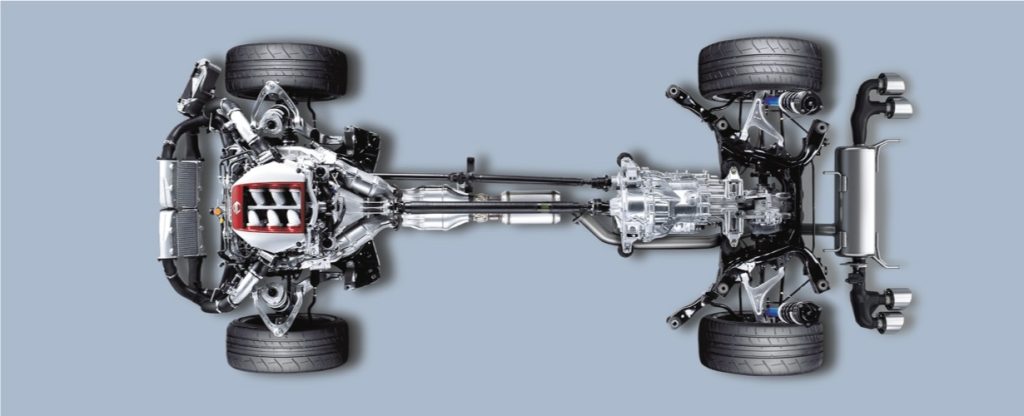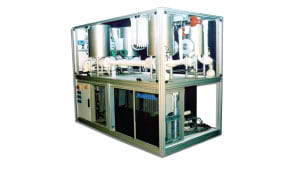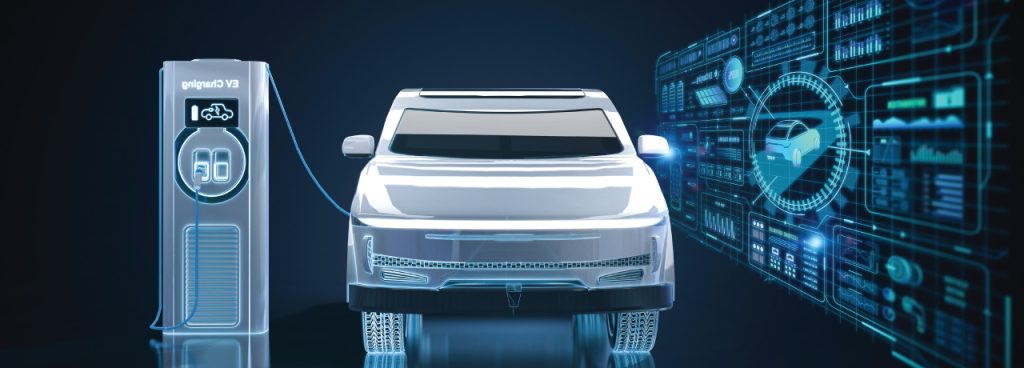Maximizing Performance and Reliability: The Significance of Powertrain Testing in EV Vehicles
Powertrain testing in EV development is essential for optimizing performance and efficiency. Engineers fine-tune the system to achieve better acceleration, range, and vehicle dynamics. Efficiency evaluations help reduce energy loss and improve regenerative braking, increasing range and reducing environmental impact. Safety and reliability, especially for high-voltage components and battery safety, are top priorities in powertrain testing.










